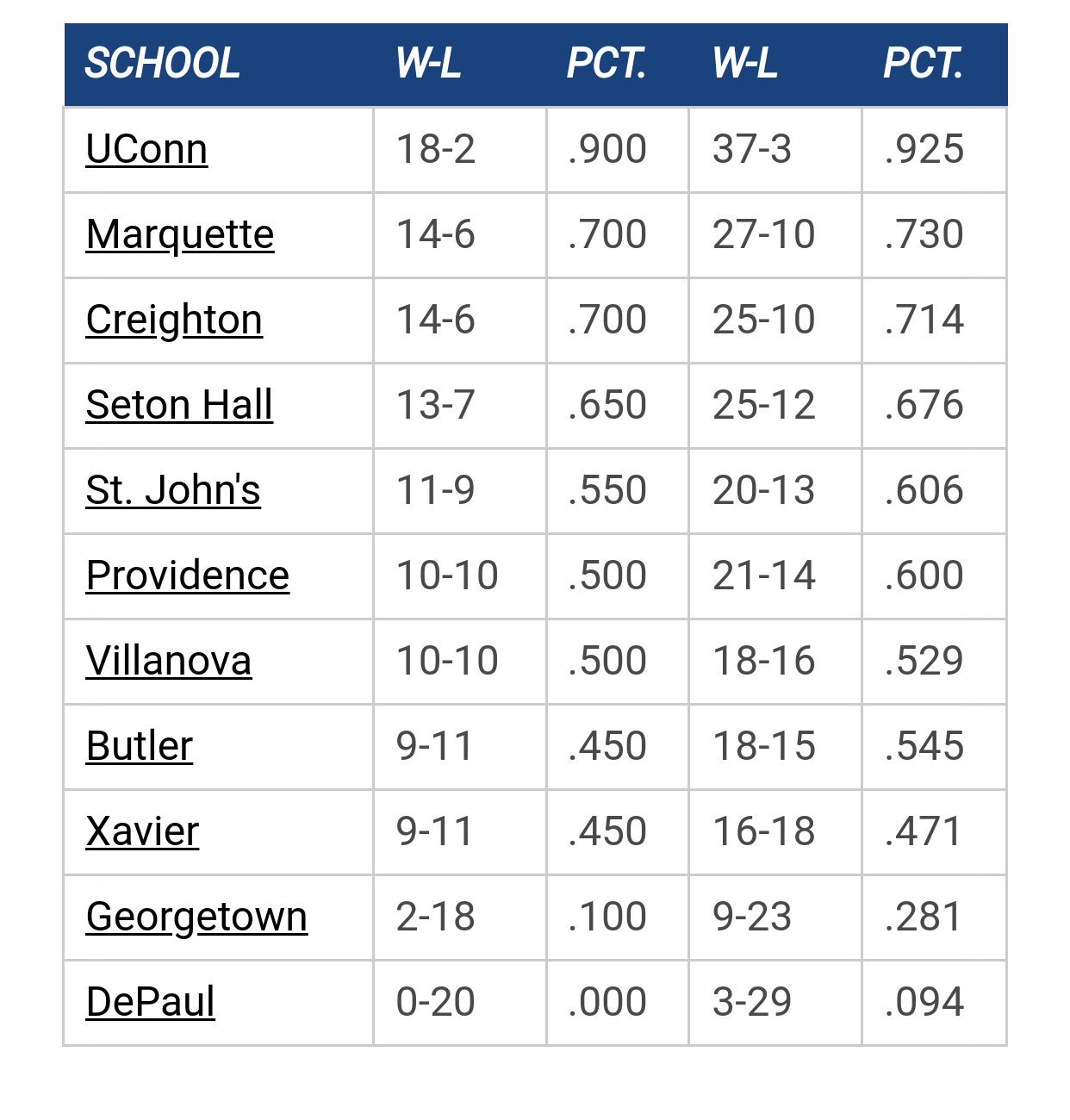- Welcome to MUScoop.
MU/Butler Game Thread by tower912
[Today at 05:17:09 PM]
Our Future by brewcity77
[Today at 05:15:16 PM]
Butler SOTG by MU2007
[Today at 04:56:00 PM]
NMD by tower912
[Today at 04:39:25 PM]
What you drinkin’ today by Jay Bee
[Today at 04:14:42 PM]
Now, a week off by Billy Hoyle
[Today at 03:43:43 PM]
2025-26 College Hoops Thread by MuggsyB
[Today at 02:42:57 PM]
[Today at 05:17:09 PM]
Our Future by brewcity77
[Today at 05:15:16 PM]
Butler SOTG by MU2007
[Today at 04:56:00 PM]
NMD by tower912
[Today at 04:39:25 PM]
What you drinkin’ today by Jay Bee
[Today at 04:14:42 PM]
Now, a week off by Billy Hoyle
[Today at 03:43:43 PM]
2025-26 College Hoops Thread by MuggsyB
[Today at 02:42:57 PM]
The absolute only thing required for this FREE registration is a valid e-mail address. We keep all your information confidential and will NEVER give or sell it to anyone else.
Login to get rid of this box (and ads) , or signup NOW!
Villanova Date/Time: Feb 10, 2026, 6:30pm TV: TNT/TruTV Schedule for 2025-26 |
||||||
User actions


